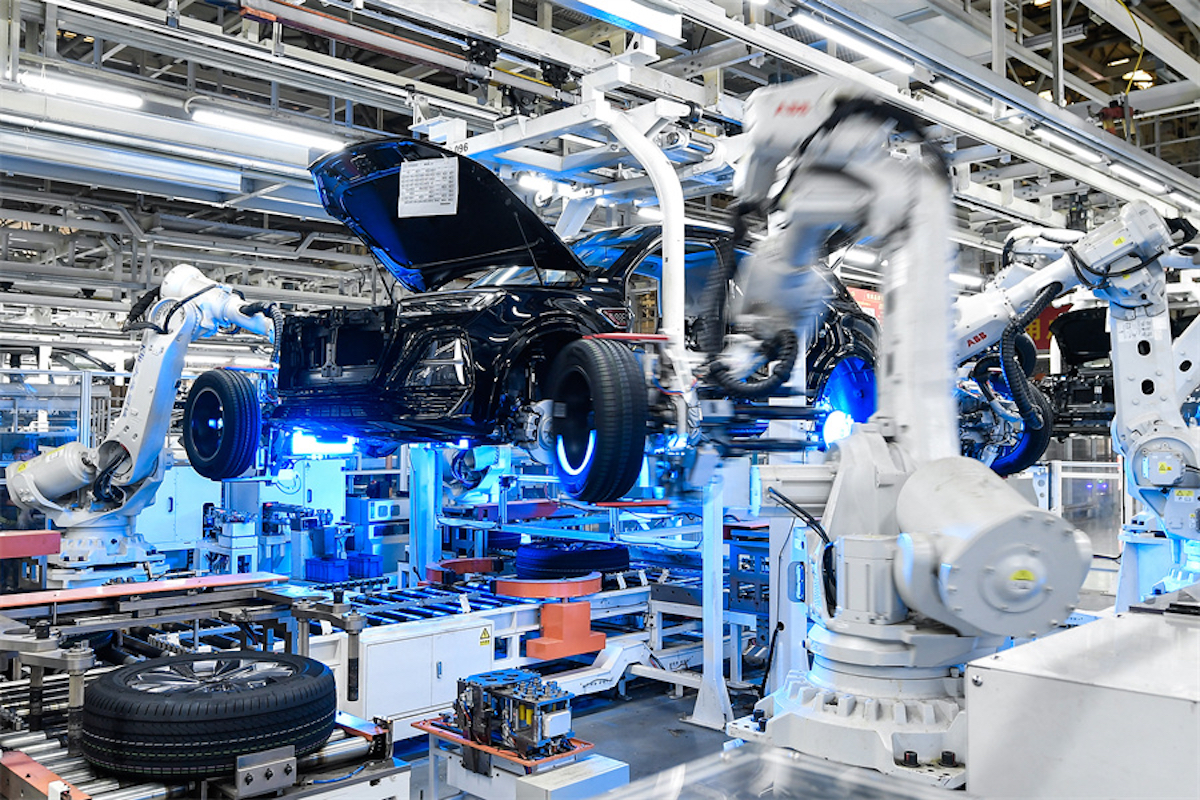
The BYD Shark 6 has made waves in the Australian automotive market as the first plug-in hybrid (PHEV) ute, capturing significant attention since its debut earlier this year. With its aggressive pricing strategy, BYD has positioned the Shark 6 as a formidable competitor against established brands like GWM and Ford. As the dust settles after its initial release, it’s time to evaluate whether the Shark 6 lives up to the hype and how it fares against its rivals.
Since its launch, the BYD Shark 6 has become Australia’s most affordable PHEV ute, recording impressive sales figures with 10,424 units sold in the first half of 2025. This achievement makes it BYD’s best-selling model in the country, largely driven by private buyers. In contrast, Ford’s Ranger PHEV and GWM’s Cannon Alpha PHEV have seen more modest sales, with 118 and 213 units sold, respectively, in their initial months.
The Competitive Landscape
BYD’s entry into the PHEV ute market has intensified competition, prompting rivals to enhance their offerings. The Shark 6’s price point of $57,900 before on-road costs undercuts its closest competitor, the Cannon Alpha Lux PHEV, by over $2,000. Ford’s Ranger PHEV lineup starts significantly higher, at $71,990, highlighting the cost advantage BYD offers.
Despite similar powertrain specifications on paper, the Shark 6’s appeal seems to stem from the growing demand for the BYD brand in Australia, coupled with its exceptional build quality. The vehicle’s robust exterior design and spacious interior further enhance its attractiveness, making it a compelling choice for buyers seeking value without compromising on features.
Inside the BYD Shark 6
The interior of the Shark 6 sets it apart from its competitors, offering a more upmarket feel with its large screens and substantial design. The spacious cabin, accentuated by generous dimensions, provides a palatial experience compared to the more utilitarian interiors of the Ranger and Cannon Alpha.
Key touchpoints, such as the leather-wrapped steering wheel with orange stitching, exude a premium feel. The center console, with its aircraft-like array of buttons and robust fittings, adds to the Shark’s appeal. The 15.6-inch touchscreen infotainment system, featuring wireless Apple CarPlay and Android Auto, is a standout, although its rotating feature feels more gimmicky than functional.
Comfort and Convenience
The Shark 6 offers exceptional comfort with leather seats featuring eight-way power adjustment for the driver and four-way lumbar support. The spacious cabin includes multiple storage options, such as a sizeable center console box and bottle holders in the doors. Rear passengers enjoy ample space, with leather seats and additional storage behind foldable seatbacks.
Dimensions: Length 5457mm, Width 1971mm, Height 1925mm, Wheelbase 3260mm, Tub volume 1200L
Performance and Driving Experience
Under the bonnet, the Shark 6 combines a 1.5-litre turbo-petrol engine with two electric motors, delivering a total output of 321kW and 650Nm. This setup enables the Shark to accelerate from 0-100km/h in a brisk 5.7 seconds, although the lack of a traditional gearbox and rear differential limits its off-road capabilities compared to rivals like the Ranger PHEV.
The Shark’s ride quality is a highlight, with coil springs and independent wheel control providing a smooth and comfortable driving experience akin to an SUV. The steering is well-weighted, and the vehicle remains composed over various terrains, although its hefty kerb weight can be felt on the road.
Specifications: Fuel economy (as tested) 6.3L/100km, Electric driving range 100km, CO2 emissions 46g/km
Safety and Technology
The Shark 6 boasts a comprehensive suite of safety features, earning a five-star ANCAP safety rating. Standard equipment includes adaptive cruise control, lane keep assist, and a surround-view camera, ensuring peace of mind for drivers and passengers alike.
Safety Rating: Adult occupant protection 85%, Child occupant protection 87%, Vulnerable road user protection 74%
Cost of Ownership
BYD offers a competitive six-year, 150,000km vehicle warranty and an eight-year, 160,000km battery warranty for the Shark 6. With servicing intervals of 12 months or 20,000km, the Shark’s maintenance costs are reasonable, although slightly higher than the Ranger PHEV over the first five years.
Average Annual Service Cost: $497.8, Total Capped-Price Service Cost: $6077
As BYD continues to refine its offerings, the Shark 6 stands out as a strong contender in the PHEV ute market. Its combination of affordability, comfort, and technology makes it an attractive option for buyers seeking a versatile and efficient vehicle. However, for those prioritizing off-road capability, the Shark may still fall short compared to its rivals.
With the automotive landscape evolving rapidly, the BYD Shark 6 represents a significant step forward in the electrification of utility vehicles in Australia. As more options enter the market, it will be interesting to see how the Shark maintains its competitive edge.






